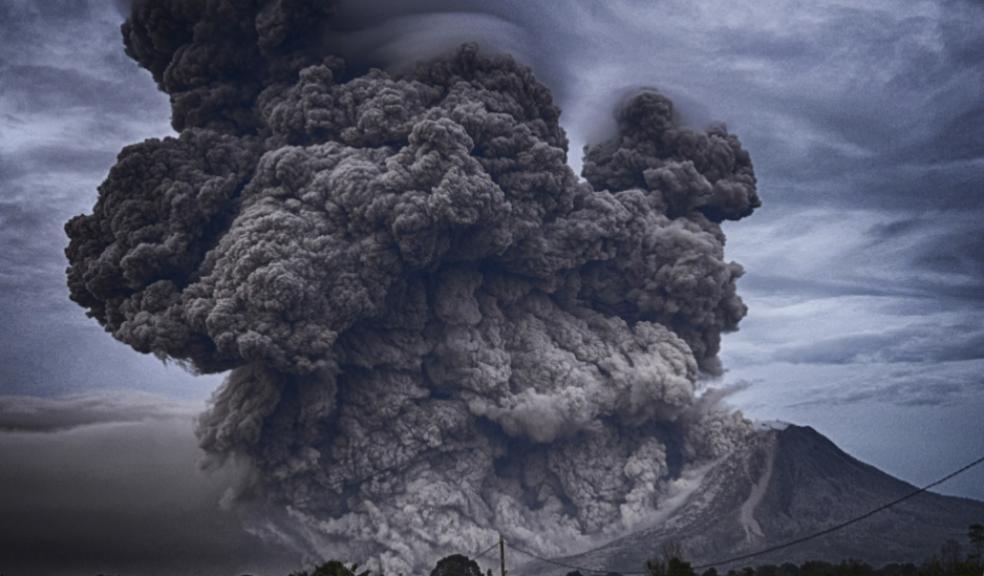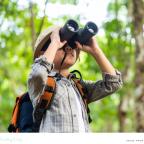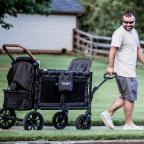
How to prepare your children for natural disasters
When an emergency situation occurs, it can seem all-encompassing. It can take over the news, it can trend on social media, and it can be the topic of conversation everywhere you go. This can be difficult for people of any age to process, so for children, particularly young children, news of a natural disaster can be deeply distressing and even traumatic.
Sadly, we live in a world plagued by conflict, political unrest, widespread illness, and a growing number of natural disasters. The recent earthquake on the Turkey-Syria border is the latest in a long line of devastating catastrophes to shock the world. So, the likelihood of having to speak to your child or children about a natural disaster, or even prepare for one yourself, is increasing.
Although these may be tough conversations to have, they’re also important. A lack of understanding of what’s happened, or what’s going to happen, can be frightening for children. However, there are a number of ways in which parents can help to address and reduce their fears.
Understand the situation yourself
Before speaking to your child about what’s happening, it’s important to educate yourself if you can. Take some time to process the news yourself and do a bit of research. Find out about the efforts that are being made to help those in need, the likelihood of recurring events, and what steps you could take if a similar situation was to happen locally. This information can help inform the way you speak to your child, and help you to cope with the situation yourself.
Explain what’s happened in an age-appropriate way
It’s important to explain a situation to your child, rather than trying to shield them from it completely. However, you should try to keep your explanation as simple as possible, using words and examples your child will understand. The aim is to help them understand what’s going on and clear up any unnecessary worry.
Stay calm
Children tend to feel stress deeply, and can also be very sensitive to the stress of those around them, particularly their parents. They can be keenly aware of your facial expressions and tone of voice, so it’s important to stay calm, and talk to them in a matter of fact and reassuring way.
Give them an outlet to express their feelings
Some children may find it difficult to express their fear using words, so it can be helpful to offer them an alternative outlet to express their feelings, such as drawing a picture, writing a story, or playing with toys.
Answer their questions
Your child might have immediate questions, or they may come to you later on. Regardless, it’s important that they feel they are able to ask questions, and that you will take the time to listen to their concerns. You may not know the answers to all of their questions, and that’s okay. Let them know that you’re not sure of the answer right now, but you can work together to find out.
Offer comfort and reassurance
Children have a tendency to personalise situations, and this can lead them to worry about their own safety, as well as the safety of their family and friends. Their fears can also be increased greatly by their imagination, so it’s important to provide plenty of reassurance and comfort. Let them know that there are lots of people who are helping those affected by the natural disaster, and that you will do whatever you can to keep them safe.
Monitor exposure to the media where possible
Avoid letting your children watch too much television during or following a natural disaster. Although staying up to date with the news can be beneficial, reports also come with disturbing images, such as damaged buildings and people who have been injured. Emergency situations are also typically covered repeatedly, which can be confusing and lead kids to believe it’s happening over and over again.
For many families around the world, it will be necessary to actually plan for a natural disaster much closer to home. Some may even need to have evacuation plans in place in the event of an earthquake, fire, tornado, or other hazards.
In this case, parents can follow many of the same steps, explaining what’s happening or likely to happen, answering any questions their children may have, and offering comfort when things get hard. Other steps families can take to physically prepare for an emergency include gathering survival essentials, organising important documents for all family members, and learning basic survival skills and first aid.
Emergency situations are difficult to comprehend or accept, and many young children will feel scared or confused. However, children are also resilient, and with the support of parents and other caring adults who can listen and respond to their fears, they can learn to successfully cope with the stressful events and experiences happening around them.
About Preppers Shop:
Preppers Shop is the country’s only store dedicated to meeting the growing demands of UK survivalists. Serving customers around the UK from its base in Newquay, Cornwall, Preppers Shop specialises in camping supplies, military surplus, survival kits, emergency food rations, and a variety of other outdoor equipment.
Article credit - Lincoln Miles, Founder & Owner of Preppers Shop.
Cover photo from Canva














